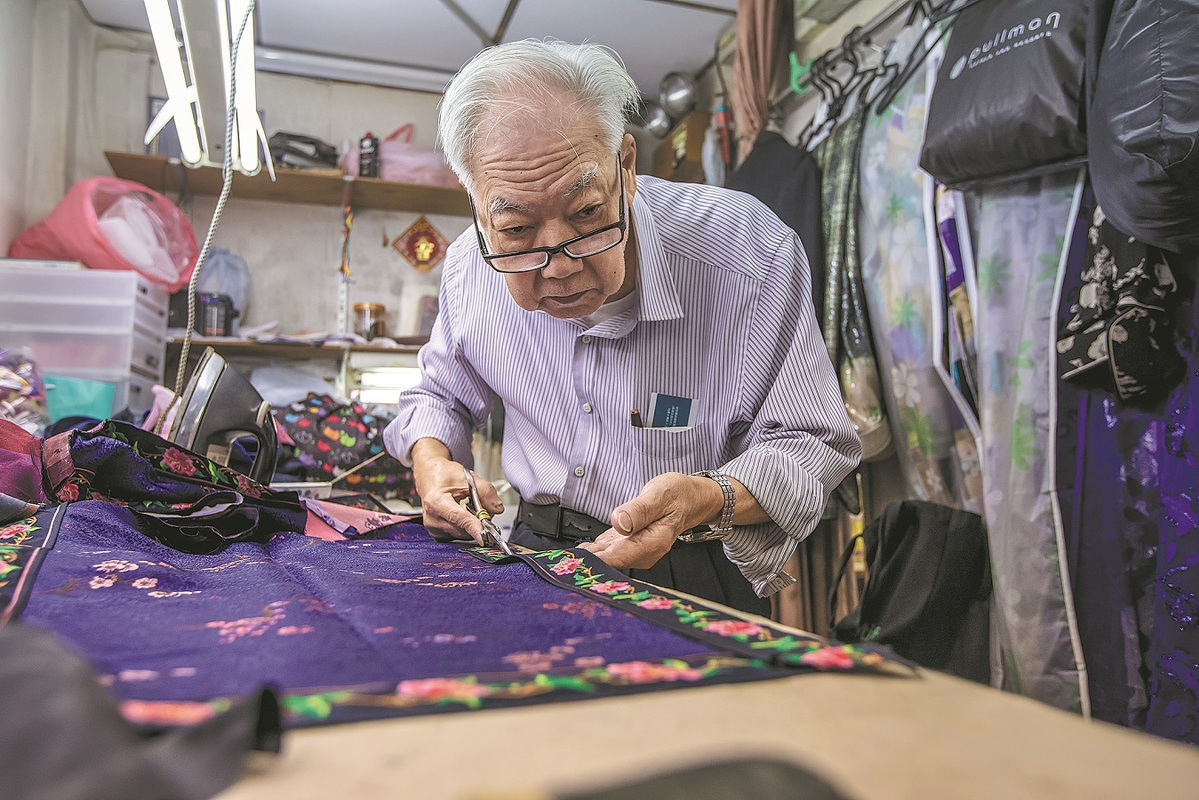

Burnishing image
Yip Tak-ping, a senior lecturer at the Education University of Hong Kong and president of the Hong Kong History and Culture Society, said that the city's old shops can learn from Japan's approach to preserving its heritage.
Japan is renowned for its vast number of old shops, with over 50,000 surviving more than 100 years.
In Hong Kong, old shops are typically inherited by sons. However, in Japan owners prioritize industry relationships over blood ties and may pass on their shops to their apprentices.
In Japan, old shops are known for their reliability and high-quality services, but similar businesses in Hong Kong may have issues with cleanliness and services.
From a business perspective, whether a shop is old or new is of secondary importance to the customers, Yip said. What matters is the satisfaction customers derive from the services and products offered. Ultimately, an old shop's success relies on its ability to provide excellent services and high-quality products, he said.
When it comes to operating and preserving an old shop, the primary responsibility always falls on the old shop, Yip said. But from a cultural perspective, Hong Kong society should recognize the significance of preserving such businesses.
The Hong Kong government and social organizations can take the lead by conducting studies to understand the current state of old shops and the challenges they face. After rating them based on their cultural value, assistance can be provided to the most important ones. Schools can also offer courses that raise students' awareness about the issues, while residents can use social media to promote neighborhood old shops.
"Hong Kong's abundance of local stories, including its colonial history and traditional Chinese culture, presents an opportunity for cultural advancement. As travel trends focus on in-depth experiences and cultural industries gain prominence, exploring and developing old shops can be a vital component of this progress," Yip said.